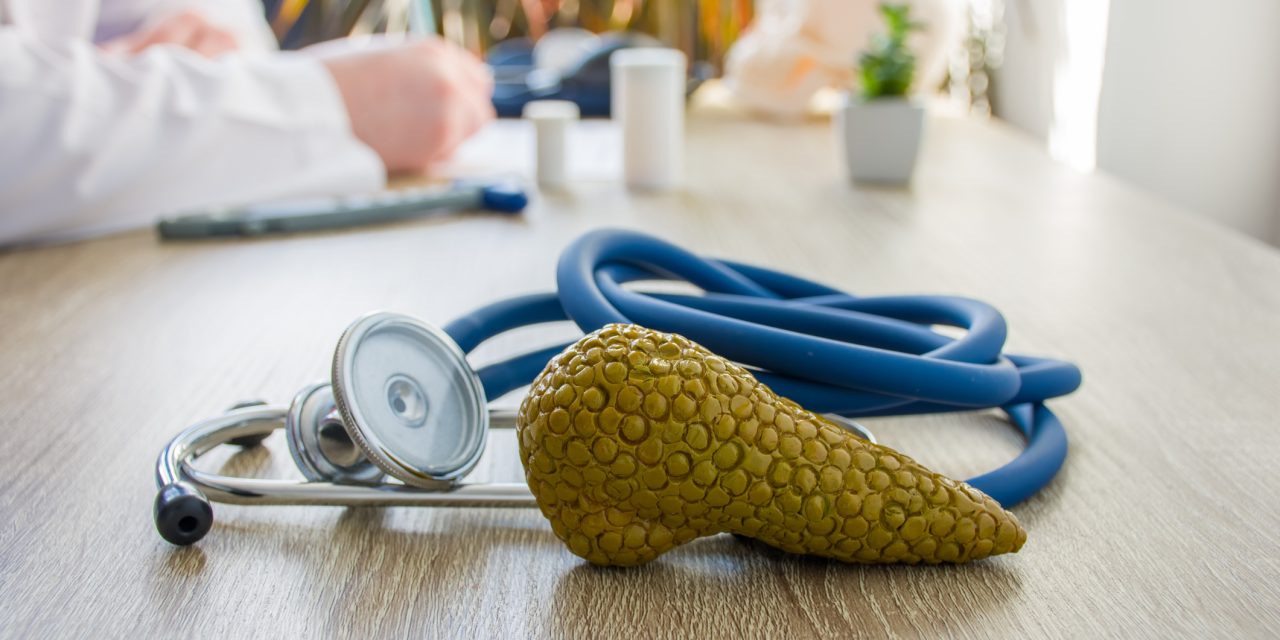This experiment investigated the effect of excess crude protein and/or calcium on male broiler breeder fertility. Forty-eight broiler breeder males, from a group of 60 that consistently produced a semen sample were allocated to one of 4 dietary treatments, formulated to provide either the male or female recommendation for crude protein and calcium, or their combinations. Birds were provided a constant daily feed allocation. Semen samples were collected and assessed for concentration and sperm mobility index. Commercial laying hens were also inseminated and the points of sperm hydrolysis counted in the membranes of the eggs produced after insemination. Dietary crude protein had no significant effect on sperm concentration at any age, but significantly poorer sperm concentration was seen in the males fed high calcium at 42 and 57 wk of age, and a significant interaction was observed at 60 wk of age, with the poorest sperm concentration from birds fed high crude protein and high calcium. There was no significant effect at any age of crude protein or calcium on sperm mobility index. The birds fed levels of crude protein and calcium recommended for males had significantly more points of sperm hydrolysis at 40 wk of age compared to all other dietary treatments, which indicates better fertilizing potential. While there were a few incidences of birds fed a ration with levels of crude protein and calcium recommended for males showing superior sperm quality, this was not a consistent trend across all ages or measures of fertility. Therefore, males fed a female ration at the correct allocation to ensure adherence to the bodyweight curve should not exhibit reduced (or improved) fertility, however, there were instances where birds fed the male recommended concentration of CP and Ca had improved measures of sperm quality.Copyright © 2021 The Authors. Published by Elsevier Inc. All rights reserved.
Research Note: The effect of crude protein and calcium intake on fertility of male broiler breeders.


